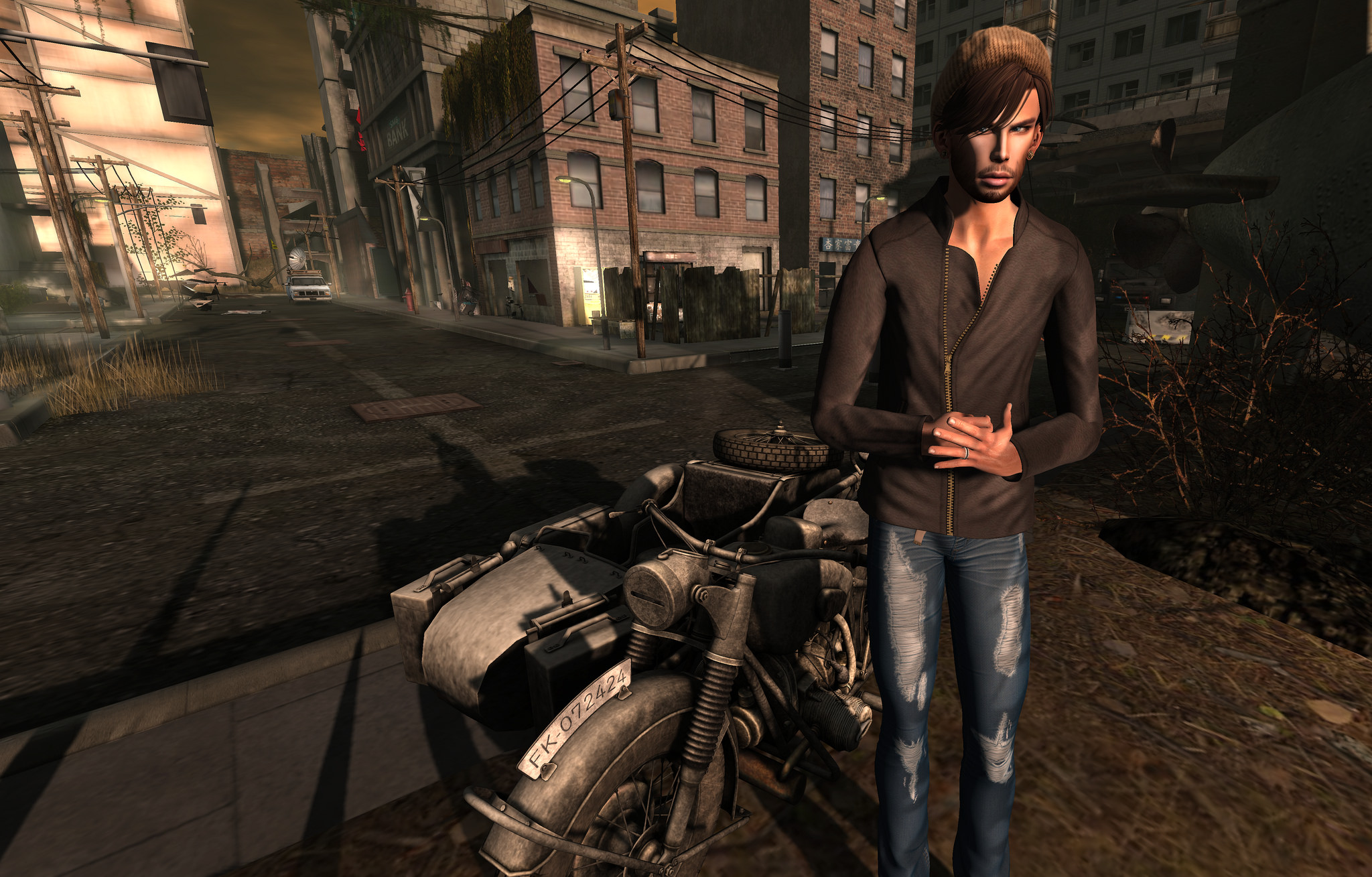An argument over food in my house comes as no surprise. It was triggered by my own gremlins. Two in fact, the first relates to the children being greedy and selfish with food and the second relates to my partner going easier on his own children over mine.
Imagine the scene: a beautiful English summer evening. The sky is blue and cloud free and the air warm. The garden is lush and green and the usual banquet table is laden with food. I have been busy in the kitchen so unsurprisingly, I am last to arrive at the table.

As I sit down, a bowl of Caesar salad is passed to me. ‘Where has all the salad gone?’ I ask perplexed, as not everyone likes salad and not much has been served. ‘Don’t know,’ my partner shrugs uninterested. ‘Hang on a minute,’ my chimp interjects, wide awake. ‘Where can it all have gone? Someone must have eaten some before dinner.’ My tone has become curt. The truth is it could only have been three people sat at the table: my son and my partner’s twin daughters; the others don’t like salad. My partner went on to explain that as he hadn’t seen anyone eat the salad, he couldn’t berate them for it. He also questioned the volume of salad in the bowl in the first place. I was quite explicit as to how much salad there was. He still shrugs and tries to continue eating while my chimp is punching her fists on the floor! ‘Thanks for the support,’ my chimp growls at him. He can’t see what the issue is and thinks I’m over reacting and on a surface level I am. But as mentioned before, there are two chimpy gremlins at work here. Remember that gremlins are unhelpful and destructive beliefs or behaviours which are firmly fixed in our brains and hard to remove.
My chimp shrieks that if it had been my boys scoffing the salad he would have told them off. Remember the breakfast cereal incident? No? Well, they scoffed the cereal and were told off. ‘And the bloody kids are so greedy!’ She whispers furiously in my ear. What made my chimp take control of the situation was that I felt unsupported by my partner, especially as deep down I’m pretty sure he knew his children were at fault, as well as my son, and did nothing.
The meal soured the evening and my partner and I were at blows and both verbally and in the seething silence which followed. So today, as things normalise, I turn to the book. How should I have handled the situation? Chapter Nine is called Planet Connect and is about effective communication. The Square of Communication explains that for effective communication you need to have: the right time, the right place, the right agenda, the right away, and centrally, the right person.
Chose a time when both parties can listen, and there is long enough time to reach a conclusion. It can also be helpful to keep quiet until issues have settled down, and then plan a conversation. Chose the right place; somewhere quiet where you’re unlikely to be interrupted. A place which is private and on neutral ground is the best plan. The right agenda is key. It is easy to forget what the original point of discussion was, especially if the chimp has its say! Stating the agenda at the beginning of the conversation is useful. Agendas are tricky because your chimp’s agenda can be different to your human agenda. A chimp’s agenda will be to win, express emotion, attack and defend, get its point across, not give way, come out looking good and finally make guilty excuses. Your human will want to reach a sensible outcome which can be lost if the chimp is in control. Finally, the right way or choosing how to communicate: face to face, email, phone, third party, etc. There are plus and minus points to these choices and it may depend on the relationship you have with your protagonist. Having the square of communication appropriately organised will be the key to success and on reflection, I could have handled yesterday’s dinner disaster much better!
Advertisements Share this:





